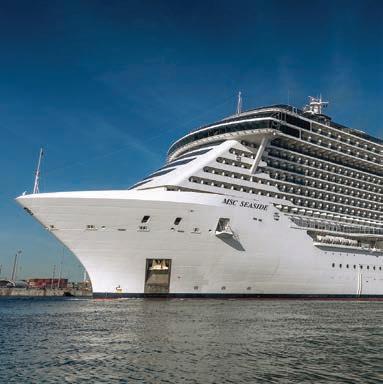or coughing up blood, difficulty walking, shortness of breath when at rest, withdrawal from social interaction, confusion or decreased consciousness. Severe AMS can be fatal if not treated or if the victim is not returned to a lower altitude. Treatment: Responding promptly to signs or symptoms of AMS is essential. Immediately call emergency medical services (EMS) if you or someone else experiences any of the following symptoms: • severe breathing problems • altered level of alertness • coughing up blood If you cannot get EMS assistance, take the affected individual to a lower altitude as quickly and as safely as possible, and administer oxygen if it is available. Keep victims warm, and be sure they stay well hydrated if they’re conscious. Prevention: To avoid altitude sickness, it is important to ascend slowly enough to allow time for your body to acclimate. Some people also find it beneficial to take prophylactic medication to help with the acclimatization process or to prevent some ill effects. If you plan to travel to a high-altitude location, ask your doctor or a travel clinic to evaluate your risk of altitude sickness, and obtain prophylactic medication that may prevent or alleviate AMS. If you plan to dive at a high-altitude site, make sure the medication is safe to use when diving. AMS can affect anyone. Individuals are at higher risk if they • live at or near sea level and travel to a high altitude • have had AMS before • have preexisting medical conditions • ascend quickly to a high elevation Do not travel to a high-altitude location without consulting your doctor if you have a heart, lung or blood disorder. You may need to travel with supplemental oxygen. 133
Issuu converts static files into: digital portfolios, online yearbooks, online catalogs, digital photo albums and more. Sign up and create your flipbook.





























